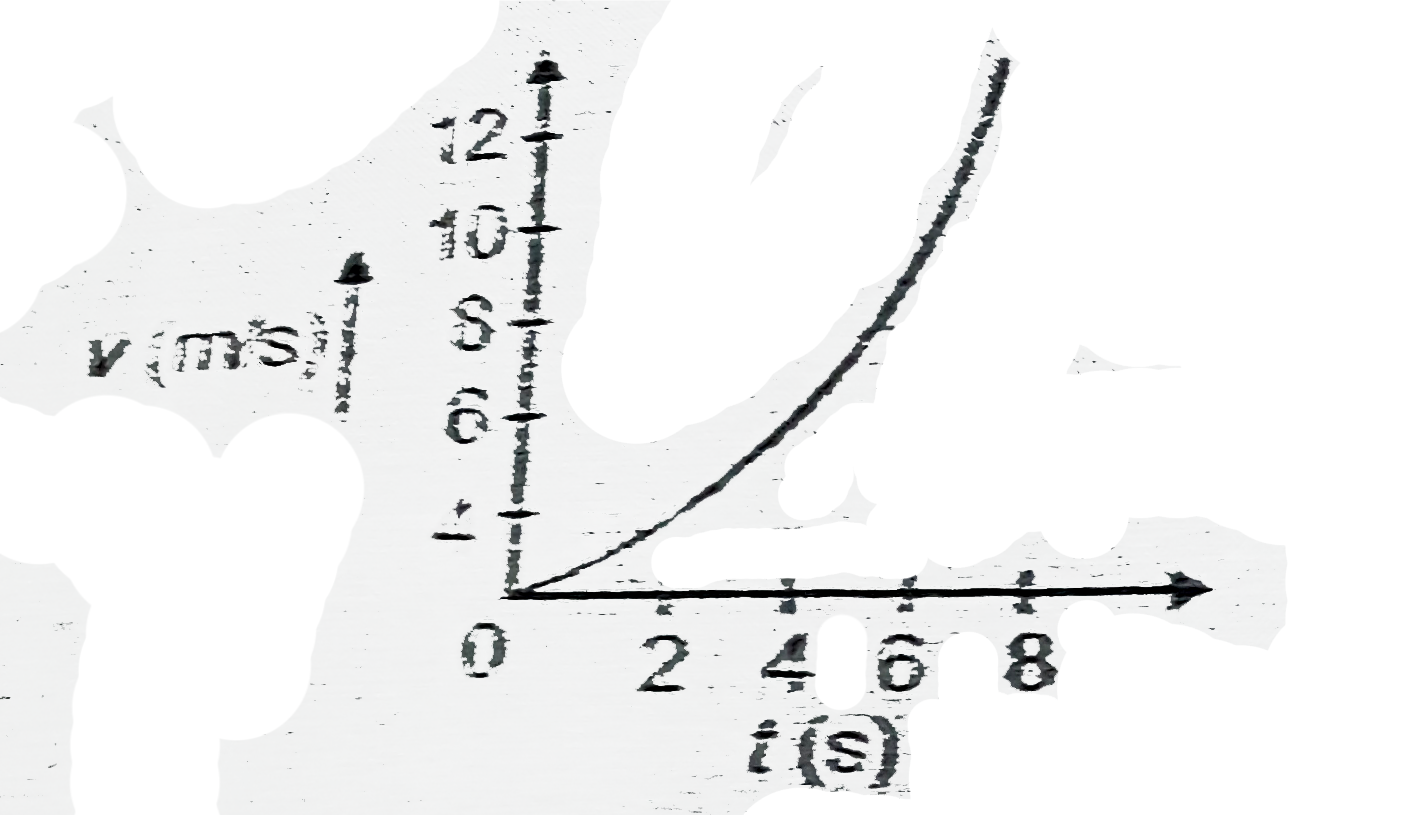An object of mass 100kg is accelerated uniformly from a velocity of 5m/s to 8m/s in 6s. Calculate the initial and final momentum of the object. Also, find the magnitude of the force exerted on the object.
The correct Answer is:500 kg m s−1 ; 800 kg m s−1; 50 N
To solve the problem step by step, we will calculate the initial and final momentum of the object, and then find the magnitude of the force exerted on it.
Step 1: Calculate the Initial Momentum
The formula for momentum (p) is given by:
p=m×v
where:
- m is the mass of the object,
- v is the velocity of the object.
Given:
- Mass m=100kg
- Initial velocity u=5m/s
Now, substituting the values:
pinitial=100kg×5m/s=500kg m/s
Step 2: Calculate the Final Momentum
Using the same formula for momentum:
Given:
- Final velocity v=8m/s
Now, substituting the values:
pfinal=100kg×8m/s=800kg m/s
Step 3: Calculate the Acceleration
To find the acceleration, we can use the formula:
v=u+at
Rearranging gives:
a=v−ut
Given:
- v=8m/s
- u=5m/s
- t=6s
Now, substituting the values:
a=8m/s−5m/s6s=3m/s6s=0.5m/s2
Step 4: Calculate the Force
Using Newton's second law of motion:
F=m×a
Given:
- Mass m=100kg
- Acceleration a=0.5m/s2
Now, substituting the values:
F=100kg×0.5m/s2=50N
Summary of Results
- Initial Momentum: 500kg m/s
- Final Momentum: 800kg m/s
- Magnitude of Force: 50N
---
The formula for momentum (p) is given by:
p=m×v
where:
- m is the mass of the object,
- v is the velocity of the object.
- Mass m=100kg
- Initial velocity u=5m/s
pinitial=100kg×5m/s=500kg m/s
Using the same formula for momentum:
Given:
- Final velocity v=8m/s
pfinal=100kg×8m/s=800kg m/s
To find the acceleration, we can use the formula:
v=u+at
Rearranging gives:
a=v−ut
- v=8m/s
- u=5m/s
- t=6s
a=8m/s−5m/s6s=3m/s6s=0.5m/s2
Using Newton's second law of motion:
F=m×a
- Mass m=100kg
- Acceleration a=0.5m/s2
F=100kg×0.5m/s2=50N
- Initial Momentum: 500kg m/s
- Final Momentum: 800kg m/s
- Magnitude of Force: 50N
Topper's Solved these Questions
Similar Questions
An object travels 20 m in 10 s. What is the average speed of the object ?
View SolutionFrom a rifle of mass 4kg, a bullet of mass 50g is fired with an initial velocity of 35m/s. Calculate the initial recoil velocity of the rifle.
View SolutionAn object of mass 15kg is moving with a uniform velocity of 4m/s. what is the kinetic energy possessed by the object ?
View SolutionCertain force acting on a 20 kg mass changes its velocity from 5m/s→2m/s. calculate the work done by the force.
View SolutionThe velocity-time graph of an object is given below. Calculate the average acceleration of the object in the time interval of 4 s to 6 s.

View SolutionWhat is the momentum of an object of mass m , moving with a velocityv ?
View SolutionAn object of mass 1 kg moving on a horizontal surface with initial velocity 8 m/s comes to rest after 10 s. If one wants to keep the object moving on the same surface with velocity 8 m/s the force required is
View SolutionAn object of mass 5 kg moves at a constant speed of 6 m/s in a circular path of radius 2m. Find the magnitude of the object's acceleration and the net force responsible for its motion.
View SolutionAn object of mass 1kg travelling in a straight line with a velocity of 10m/s collides with, and sticks to, a stationary wooden block of mass 5kg. Then, they both move off together in the same straight line. Calculate the total momentum just before the impact and just after the impact. Also, calculate the velocity of the combined object.
View SolutionA force acts for 0.1 s on a body of mass 2 kg initially at rest. The force is then withdrawn and the body moves with a velocity of 2 m/s. Find the magnitude of force.
View Solution
